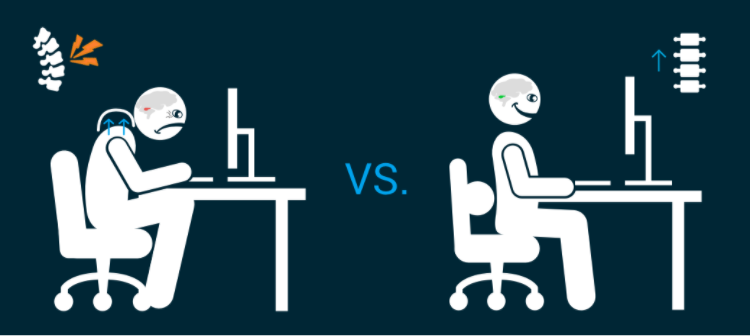You’re stuck at the end of a traffic jam during your daily commute home. You’ve had a long day at the office and it’s taking you longer than usual to get home because of a traffic accident a few miles ahead of you. Behind you, you hear a car horn blare as you see headlights bobble behind you. You watch as a car narrowly misses the truck next to you only to whip into the lane behind you. You are stressed.
For many of us, commuting is a normal part of our day. Maybe everyday isn’t as stressful as the one described above, but we will experience stress nonetheless. We can’t avoid it, stress is a daily part of our lives. If left unchecked, stress can wreak havoc on our body. So what actually happens within our bodies when we experience stress? Keep reading to find out.
Stress response explained
The limbic system within our brain is responsible for our reaction to stress. This system is constantly interpreting and assessing everything that happens inside and outside of our bodies. Its function is to serve our most basic body function – to stay alive.
When feeling extremely stressed, our body will automatically trigger one of two basic reflexes by the limbic system in order to ensure our body remains safe from harm. These two reflexes are the startle reflex and the landau reflex. Both function for the need to get ourselves out of immediate harm.
The Startle Reflex
Have you ever been truly startled? If you have, you know what this reflex is all too well. Our startle reflex causes our body to go into a rapid state of flexion in order to prime the body to react. When startled, we hunch down, become smaller, and flex downward. Our psoas muscles tense in anticipation of making a rapid movement.

The Landau Reflex
The landau reflex occurs when our body is in full extension. Picture a ‘photo finish’ during a 100m sprint in the Olympics. This reflex causes a full-body extension that pushes our chest up and out. This movement is caused when our paraspinal muscles are activated.

Stress response throughout the day
Although we may not run into instances every day where we need to activate either of these extreme reflex responses, small amounts of stress can still cause the same responses to happen within our body. Common day-to-day stressors like being inactive and sitting in a chronically ‘flexed’ position activate our stress response to create a stress response cycle within our body.

Making small changes throughout your day like practicing good posture, stretching regularly and drinking plenty of water can help to keep stress at bay and aid in decompressing your spine.
Begin breaking your stress cycle
Understanding what happens within your body when you are stressed is taking a step towards learning how to begin to de-stress. For more tips on ways to help get your body out of its stress cycle read this article. If you would like to know more information on how Telespine can help contact us.
